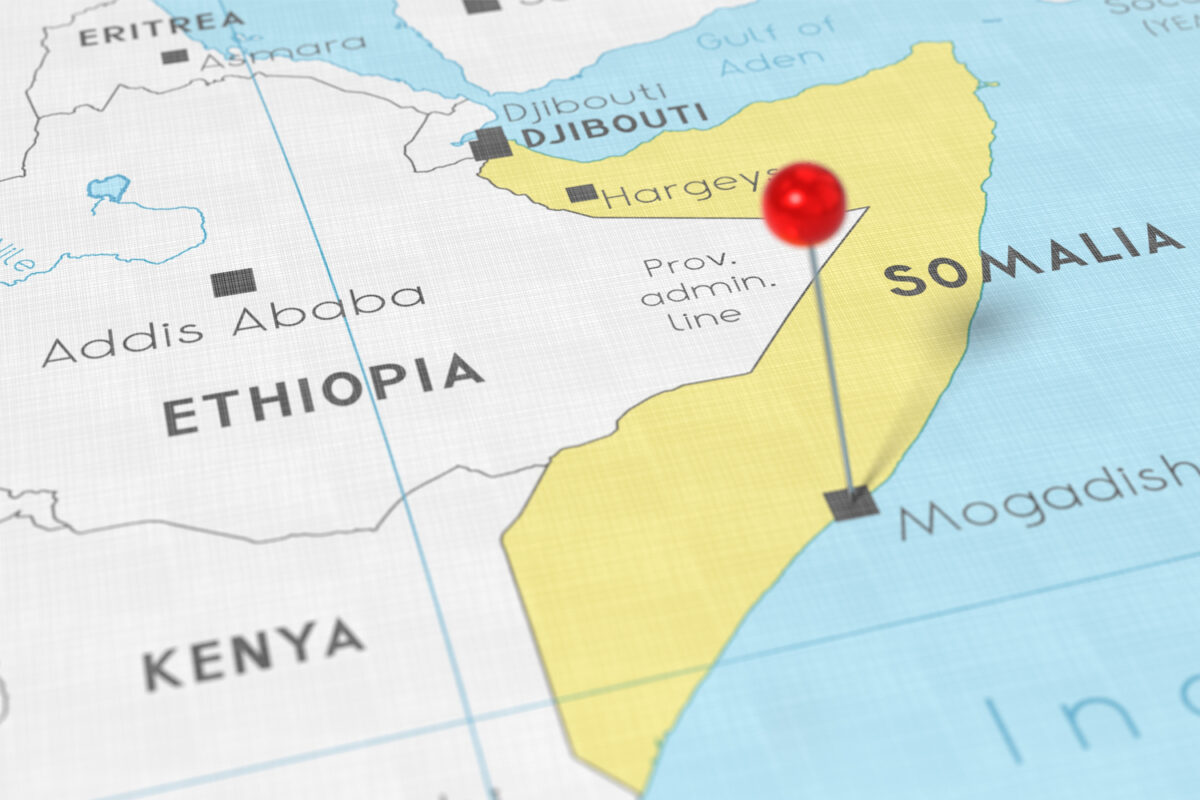So closes the final chapter of the optimistically labelled Arab Spring, which instead of proceeding to a warm summer faded surreptitiously into autumn and then winter. The inexorability and inevitability of its failure to achieve meaningful change was a foregone conclusion, as meaningful change is rarely achieved by maintaining the status quo.
Whilst liberty, egality fraternity were the revolutionary ideals of the French Revolution, devoid of an ideological basis the uprisings of Arab Spring succumbed to the old adage that “an organised minority will definitely overcome a disorganised majority.”
The Tunisian uprising, although constituting the spark that lit the flames of revolution across the Arab world remained rudderless from its inception to its now ignoble end. With the dissolution of parliament and ousting of the incumbent government, President Kais Saied reinstates autocratic rule in Tunisia again, after over a decade of absence.
Without firm ideological underpinnings and with the absence of any form of a political programme, the failure of Ennahda (the nominally Islamicist party) was hard wired in its very DNA: compromise after compromise with the old guard diluted and eventually eradicate any programme for reform that they had envisaged. An alliance with Beji Essebsi, Ben Ali’s protégé would have been unthinkable in 2011, but in 2014 with the waning of its Islamacist credentials, Rashid Ghannouchi entered in a political alliance with The Nidaa Tounes Party and reinstated the very people the revolution had sought to oust.
The dire condition of the Tunisian economy was the impetus for the uprising and it remains the most significant grievance for the populace, especially the young, with those under 25 constituting almost 55% of the population of Tunisia. Economic growth, especially that which provides mass employment is essential to securing a decent life for the young, but it is an unattainable dream under present circumstances as almost a quarter of a million university graduates languish unemployed, unable to establish a decent future for themselves or their potential spouses.
An already dire economic situation has been exacerbated by Covid-19. Despite being blessed with a Mediterranean climate and pristine beaches, tourism accounted for over 15% of national revenue, but this has all but evaporated under the onslaught of travel restrictions and quarantines. With the Tunisian economy shrinking by an unprecedented 8% and with the value of the dinar plummeting, almost a third of Tunisian families were left wondering from where their next meal would arrive.
Covid may be a convenient scapegoat for Tunisia’s economic woes, but what ails the Tunisian economy runs much deeper. The rentier paradigm where political patronage and cronyism creates an economic system where elites effectively become parasites on many aspects of the state, and the disbursement of its expenditure, mean that the prevalence of this parasitic cronyism in business-state relations subverts both economic development and the state’s capacity to affect economic reform.
Opportunities for employment and entrepreneurship face a wall of bureaucratic incompetence and nepotism, where up to 40 licences are required from a multitude of bloated state bureaucracies for even the simplest investment opportunities, coupled with the irrationality and fickle nature of Tunisian economic policy. For most Tunisian investors, real-estate forms an easier and safer option, than activities which create substantial employment opportunities.
However, Tunisia’s masses and elite seem to be afflicted with the same contagion that has afflicted the rest of the Middle East, and in fact most developing countries. Sustained economic development, not the variety that is built upon state borrowing and largesse to handpicked crony capitalists, is predicated on meaningful political change. The notion that economic development can be achieved independently of political change is both unrealistic and flawed. In the absence of firmly held political and ideological principles, the narrow economic and political interests of the elite which are invariably at odds with those of the general population, will take precedence. Economic development will always be focused on enriching the elites and their foreign sponsors whose appetite for economic gluttony is insatiable.
The ease with which President Kais Saied has overturned the constitution, and the notable absence of the Tunisian street opposing his decision, shows the fragility of democracy in Tunisia? What chance does a system have, whose most ardent adherents have little or no faith in its precepts and for whom graft, cronyism and nepotism are the favoured forms of interaction between the state and its citizens?
The ease with which President Kais Saied has overturned the constitution, and the notable absence of the Tunisian street opposing his decision, shows the fragility of democracy in Tunisia?
Most telling is the attitude of the West. Although they claim maturity in the application of democracy and its principles, they have yet to agree whether it is a coup or simply a constitutional suspension of the constitution. Again, it seems political intrigue transcends principles.
So what is the way forward for Tunisia? Without a fundamental consensus on the ideological underpinning of the nation, no stable political system can form the basis of sound stewardship of the economy. The prerequisite is a national dialogue where the society can agree the fundamental principles on which the state will be based upon, and on which those that rule and ruled, can be held accountable.




